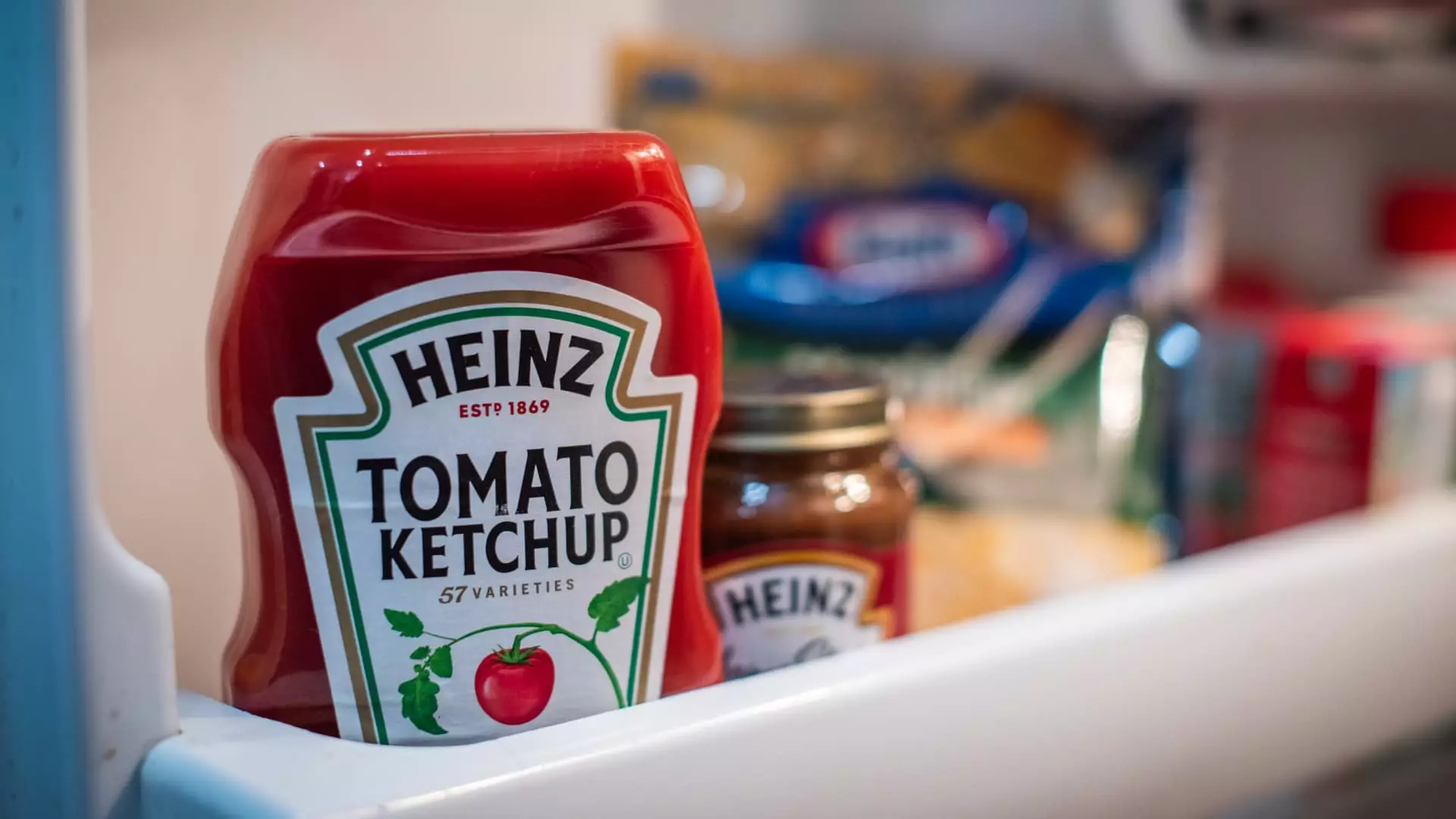Brazilian private equity firm 3G Capital recently made headlines when it quietly sold off its 16.1% stake in Kraft Heinz, marking the end of an era for the firm. After nearly nine years of being involved in the blockbuster merger of Kraft Foods and Heinz with Warren Buffett, 3G’s influence over Kraft Heinz had been dwindling in recent years. The firm had seen its number of board seats slip from three to none by July 2022.
Berkshire Hathaway, Buffett’s conglomerate, remains Kraft Heinz’s largest shareholder with a 26.8% stake and is committed to being a long-term owner. The relationship between Berkshire and 3G began in 2013 when the two firms teamed up to take Heinz private, followed by the merger with Kraft Foods two years later. Initially, the new company pleased investors with its earnings growth, thanks to 3G’s cost-cutting approach.
However, the packaged food business presented new challenges for Kraft Heinz. Consumers were shifting towards healthier, fresher food options, while private-label brands and newcomers were gaining popularity. An attempted takeover bid for Unilever was rejected, and in 2019, a disastrous quarter for Kraft Heinz led to a string of negative headlines, including slashed dividends, SEC investigations, and brand write-downs.
To reverse the company’s downward spiral, 3G handpicked a new chief executive, focusing on ramping up marketing and advertising, shifting product strategies, and divesting certain brands. Jorge Paulo Lemann and Alexandre Behring, founding partners of 3G, stepped down from Kraft Heinz’s board in 2021 and 2022, respectively. The final board member, Joao Castro-Neves, also departed, signaling the end of 3G’s direct involvement in Kraft Heinz.
After gradually trimming its stake in Kraft Heinz since 2018, 3G’s decision to completely exit its investment in 2023 marked the end of an era. The firm had faced criticism for its aggressive cost-cutting tactics, which some investors believed contributed to Kraft Heinz’s struggles. The appointment of Carlos Abrams-Rivera as the new CEO, without ties to 3G, signaled a new chapter for Kraft Heinz.
The rise and fall of 3G Capital’s influence on Kraft Heinz is a cautionary tale of the challenges faced by traditional packaged food companies in an evolving consumer landscape. While 3G’s cost-cutting strategies initially garnered success, changing consumer preferences and increased competition presented significant hurdles for Kraft Heinz. The company’s efforts to pivot its strategy and leadership in recent years reflect a broader shift in the industry towards innovation and adaptability. As Kraft Heinz moves forward without 3G’s direct involvement, the company’s ability to navigate these challenges will be crucial to its long-term success.


Leave a Reply